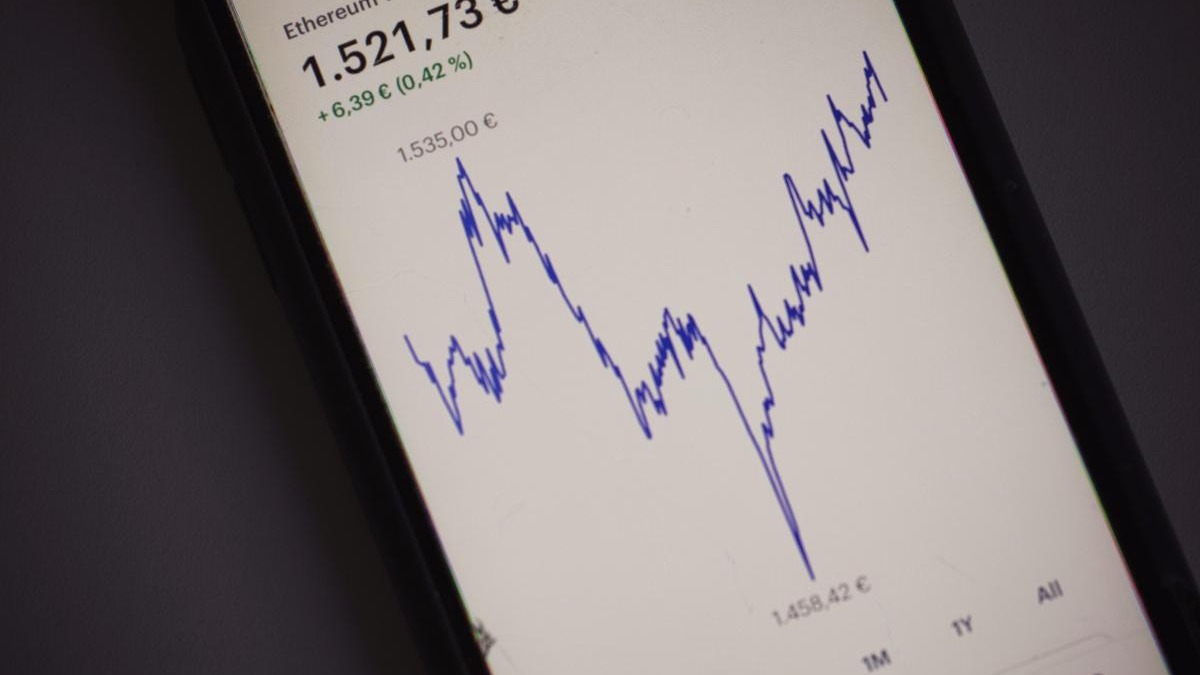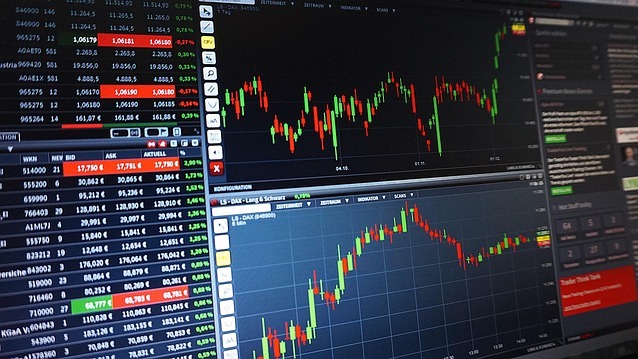
UK's Economic Resilience Amidst Uncertainty
The UK economy has been the subject of intense scrutiny following its departure from the European Union, and recent indicators suggest a surprising resilience. Despite initial forecasts predicting a recession, the UK has experienced a growth rate of 0.7% in the first quarter of this year, elevating its standing as the leader in economic growth among G7 nations. This trajectory is particularly notable given external pressures such as labor market fluctuations and geopolitical dynamics.
Understanding GDP and Its Implications for Business Strategy
Gross Domestic Product (GDP) serves as a crucial indicator of a country's economic health, reflecting the total value of goods and services produced. For CFOs and CEOs, a rising GDP presents an opportune moment for strategic investment and expansion. Understanding the interconnectedness of GDP growth with labor market trends and fiscal policy insights is essential for making informed decisions in this evolving landscape.
The Impact of Interest Rates on Economic Sentiment
The Bank of England's recent decision to lower interest rates to 4.25% was aimed at stimulating growth and alleviating burdens on borrowing. Such monetary policy adjustments are instrumental in influencing consumers' and businesses' economic outlook, particularly in times when inflation response strategies take priority. However, as the labor market remains in flux, the efficacy of such measures can often be called into question.
Unpacking the Wider Economic Picture
Beyond the headlines, the broader implications of the UK's economic landscape present a mixed picture. The robust performance of the services sector contrasts sharply with the manufacturing sector, which faces pressures from both domestic economic conditions and international tariff complications. This disparity highlights the nuances of supply chain economics and market disruption, areas that require ongoing vigilance from business leaders.
Preparing for Future Challenges
As businesses navigate these turbulent waters, recession readiness becomes paramount. Economic leadership involves not only responding to current data but also predicting shifts and preparing contingency plans. Investment in understanding global economic conditions can aid in steering through potential pitfalls, supporting resilience against future downturns.
To remain proactive, business leaders should prioritize information consumption regarding inflation response strategies and labor market dynamics. Engaging with economic trends can foster not just survival, but growth in challenging times.
 Add Row
Add Row  Add
Add 




Write A Comment